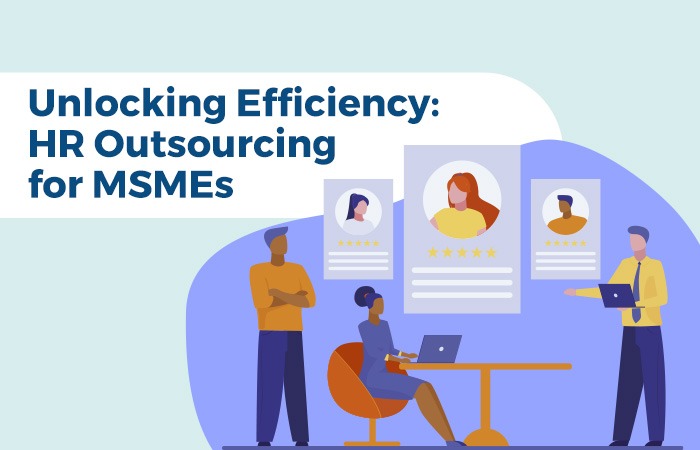Leaders are often the most valuable people on a team. Their motivation comes from helping others improve them and be at their best. Helping everyone on the team feel useful, contributing, and getting the results they want is what drives them to perform at their highest level. This is where leadership comes into play, with bosses helping their teams turn strengths into results.
Leadership is about getting things done, and this is the way to do it. Helping everyone on the team turn their strengths into results and be at their best is what you need for the team to get things done. You need everyone to feel they are at their best, contribute, and feel useful.
Great leaders demand this level of commitment from everyone on the team and get satisfaction from seeing the improvement in their people every day.
“We are all a work in progress. Helping others grow is a never-ending process.”
Know people’s strengths
People who utilize their strengths have more fun at work and deliver better results. When they are also successful, they are able to move into new roles with greater opportunities and more autonomy.
If you want to get the best of the people you work with, you need to understand their strengths and help them use these strengths on the job. The tricky thing is that people often don’t know what their strengths are. A bit of coaching can help to identify these strengths and brainstorm how to tweak the job so they can be utilized. Think of the last time you felt proud of something you had done. What were you doing? Could it be you were using your strengths? When was the last time you were in the flow, and the time just flew by? What are the things that are stressful at your job? Could it be that they are the things that require you to rely on your weaknesses? Whether you think about your destiny or what’s next for others around you, always analyze the next project, the next engagement, and the next promotion through the lenses of strengths.
“Only because you succeeded in your current job doesn’t mean you will have the same success in the next one.”
Understanding and leveraging your strengths as a manager is a critical component of having sustained success. People with exceptional skills and knowledge tend to be attracted to management roles but may not have the soft skills or character required to succeed. To have genuine success as a manager, it is important that you are able to identify your strengths, reject opportunities that do not allow you to use these strengths and pursue opportunities that would allow you to use these strengths and excel in them.
Some people view their strengths as being exactly the same as everyone else’s. This can lead to missed opportunities in your career. However, when you identify what you are good at and pursue opportunities where you can use those skills, it can help you to realize true success.
Self-esteem and Self-efficacy
You don’t need to be a rocket scientist or perfect to succeed. You can have high self-efficacy in selling cars and low self-efficacy in writing books. Self-efficacy has nothing to do with feelings of self-worth; it is always tied to a specific activity, so it is more predictive of success. High self-efficacy will help you persevere, recover from failures and deal with obstacles.
There is a difference between self-esteem and self-efficacy. High self-esteem certainly makes you feel good, but it is not predictive of strengths, resilience, persistence, or performance.
To wrap it up
Too many managers fail to recognize that employees are the key to the company’s success. In fact, research reveals that companies with high employee engagement outperform others by up to 25 percent. This means your best employees will perform better, be more satisfied and stay longer in their current position if they feel their teams are headed in the right direction rather than feeling underappreciated or disrespected.
Hire motivated people with unique strengths and then find ways to develop their strengths to the point of mastery. Use that mastery and the intrinsic motivation and passion that comes with it to drive high performance in everyone on the team. You turn everyone’s strengths into results.













